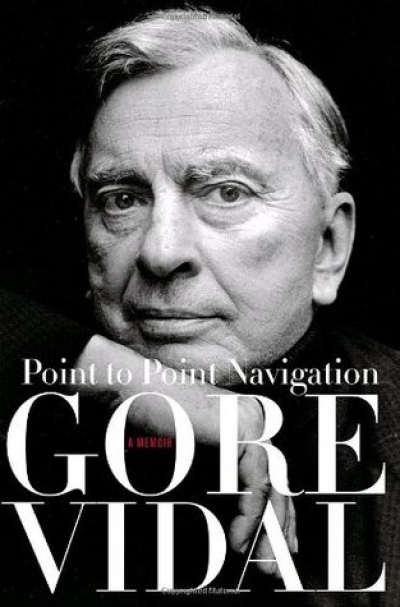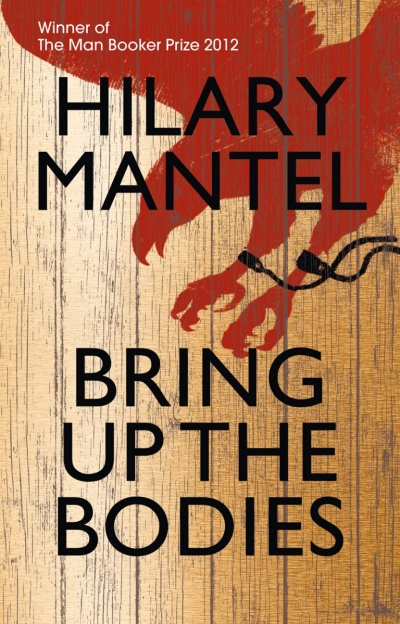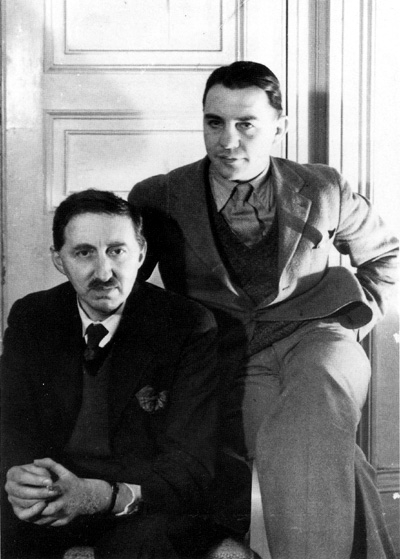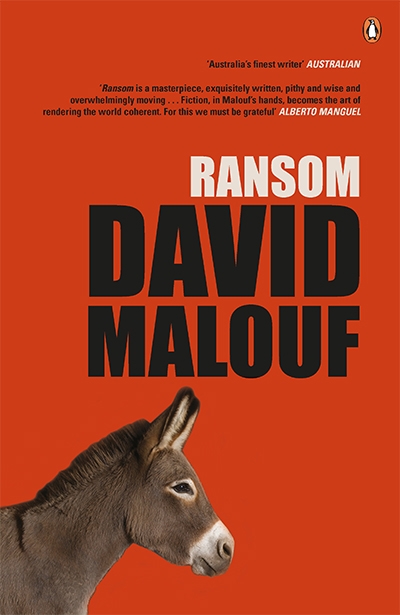Peter Rose
by Peter Rose
January 6
Such high standards the American magazines maintain, with their enviable resources. Fine valedictory article in the New Yorker by Joyce Carol Oates on the death of her husband of four decades. Slightly uneasy, though, to realise that Oates, in her forensic way, was gathering data for such an artic ...
Late afternoon. Another forty degree day.
Sick of ecological talk I decide to meet it,
take my book into the park,
not sure how far I’ll go with Against Nature.
So Patrick White’s most flamboyant novel (with the possible exception of The Twyborn Affair) has been brought to the cinema, after the usual longueurs and fiscal frights. Director Fred Schepisi and his scriptwriter, Judy Morris, have tamed the long and somewhat unwieldy beast that won White the Nobel Prize in 1973. Lovers of the novel will miss certain sc ...
Sempre Susan by Sigrid Nunez & Swimming in a Sea of Death by David Rieff
It is a hundred years since the publication of Howards End (one of only five novels by E.M. Forster to be published during his lifetime), and longer still, or so it seems, since Lytton Strachey, his fellow Apostle, entranced the Bloomsburys in the drawing room at 46 Gordon Square by daring to utter the word ‘semen’. Virginia Woolf dated modernity from t ...
I am in Louisiana with the dogs,
my lost generations of dogs.
How I got there, what budget tour I’m on,
whether my papers are in order,
my visa credible, is a total mystery.





